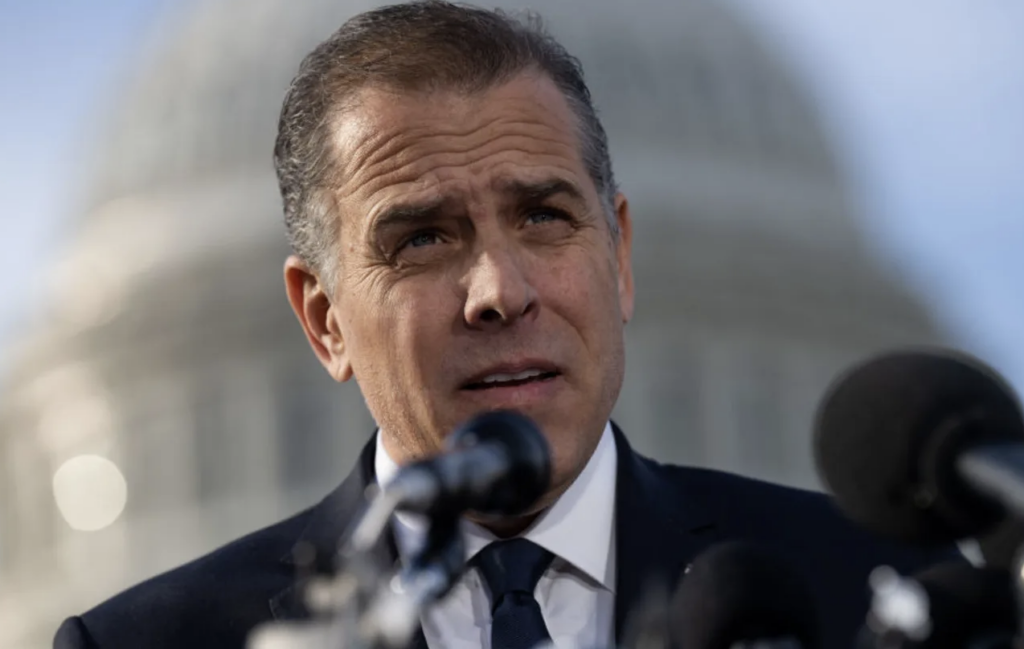President Joe Biden‘s decision to pardon his son, Hunter Biden, has sparked a whirlwind of reactions and discussions across the nation. This unprecedented move marks a significant moment in American political history, as it intertwines personal and political realms in a way rarely seen before.
Hunter Biden, who faced federal gun charges and tax evasion charges, was granted a full and unconditional pardon by his father, President Joe Biden. This decision came after months of speculation and intense scrutiny from both the media and political opponents. The president’s statement highlighted his belief that the charges against his son were politically motivated, stating, “No reasonable person who looks at the facts of Hunter’s cases can reach any other conclusion than Hunter was singled out only because he is my son — and that is wrong”.
The pardon covers all offenses Hunter Biden may have committed from January 1, 2014, through December 1, 2024. This includes his conviction on federal gun charges and his guilty plea to federal tax evasion charges. The president’s decision to pardon his son is a reversal from his previous stance, where he had repeatedly stated he would not use his executive authority to pardon or commute his son’s sentence.
In his statement, President Biden emphasized his belief in the justice system but also expressed his concern that “raw politics has infected this process and it led to a miscarriage of justice.” He acknowledged the personal and political implications of his decision, hoping that Americans would understand the difficult position he found himself in as both a father and a president.
The reactions to this pardon have been mixed. Supporters of the president argue that the charges against Hunter Biden were indeed politically motivated and that the pardon was a necessary step to correct an injustice. They point to Hunter Biden’s struggles with addiction and his efforts to rebuild his life as evidence of his resilience and determination. In contrast, critics argue that the pardon undermines the integrity of the justice system and sets a dangerous precedent. They accuse the president of using his executive power to protect his family, which they see as a conflict of interest and an abuse of power.
This decision also comes at a critical time as President Biden nears the end of his term and President-elect Donald Trump prepares to take office. The political landscape is already highly polarized, and this pardon is likely to further deepen the divisions. Trump’s spokesperson has already criticized the decision, framing it as an example of the justice system being weaponized for political purposes.
In conclusion, President Biden’s pardon of his son Hunter is a complex and multifaceted issue that touches on themes of justice, politics, and family. It raises important questions about the role of executive power, the influence of politics on the justice system, and the lengths to which a parent will go to protect their child. As the nation continues to grapple with these questions, one thing is clear: this decision will be remembered as a defining moment in the Biden presidency.
For all new spicy stories, crispy content; visit DaFalafel.com.




